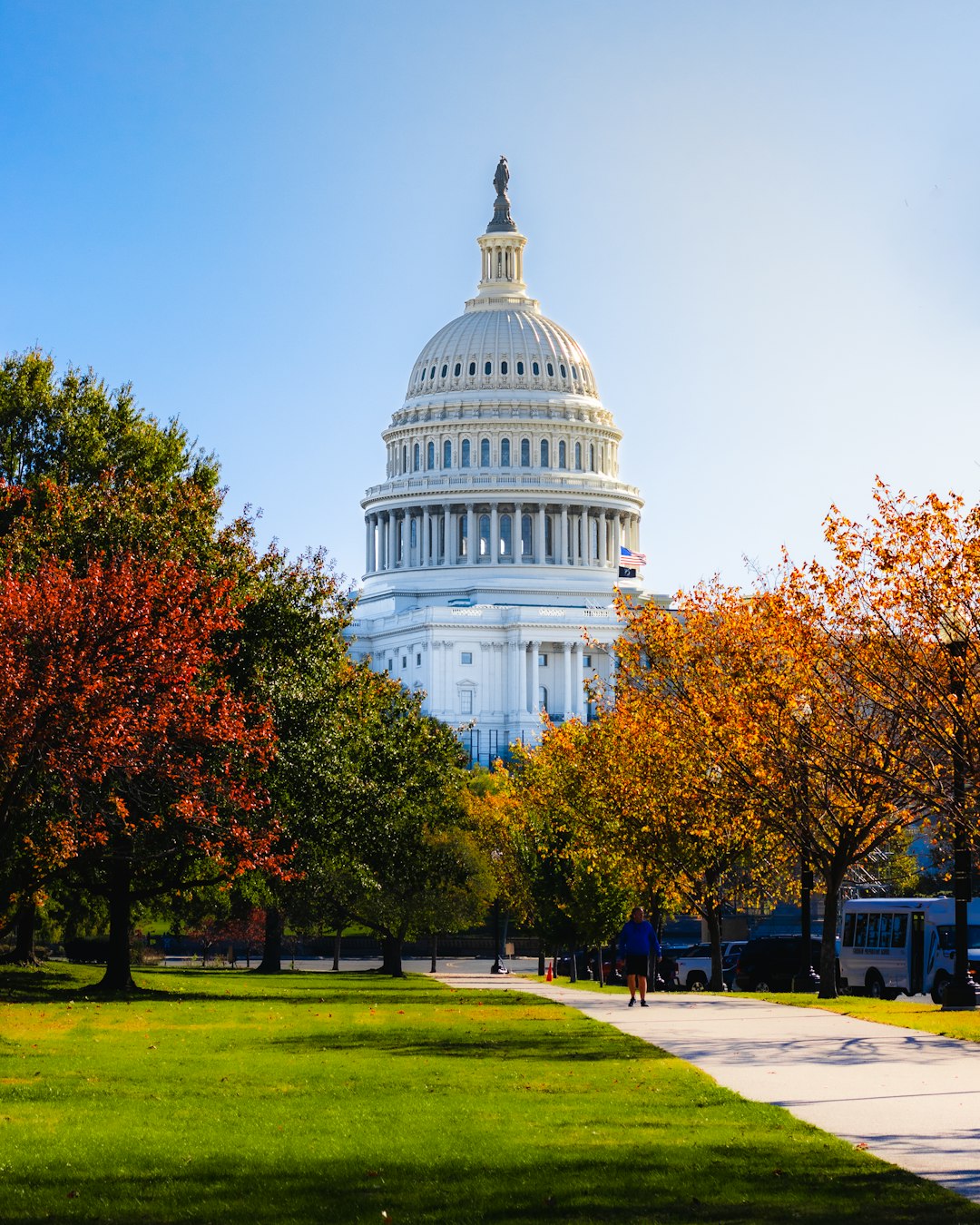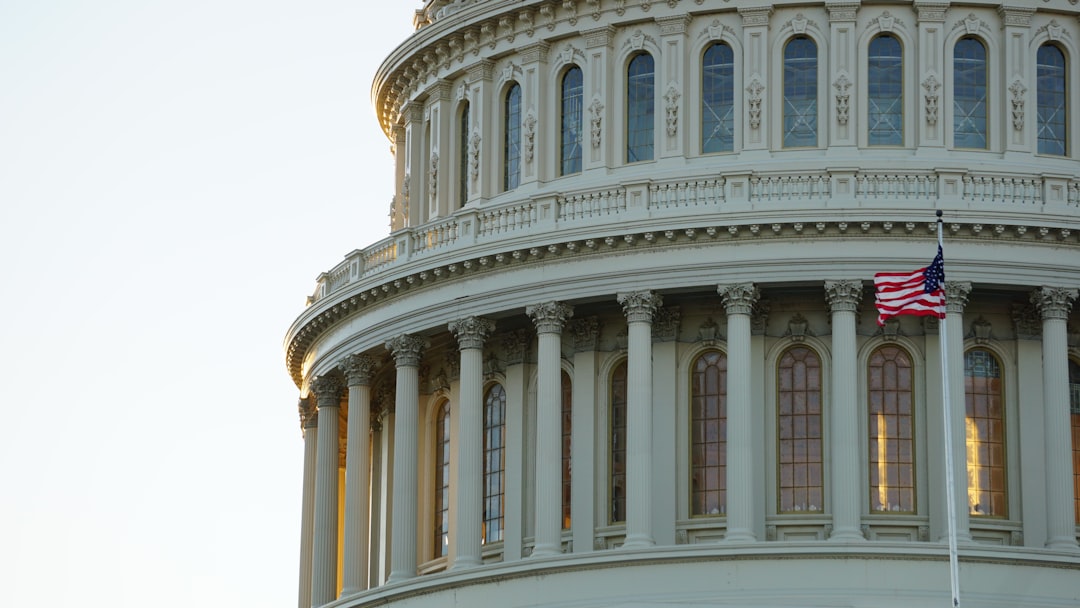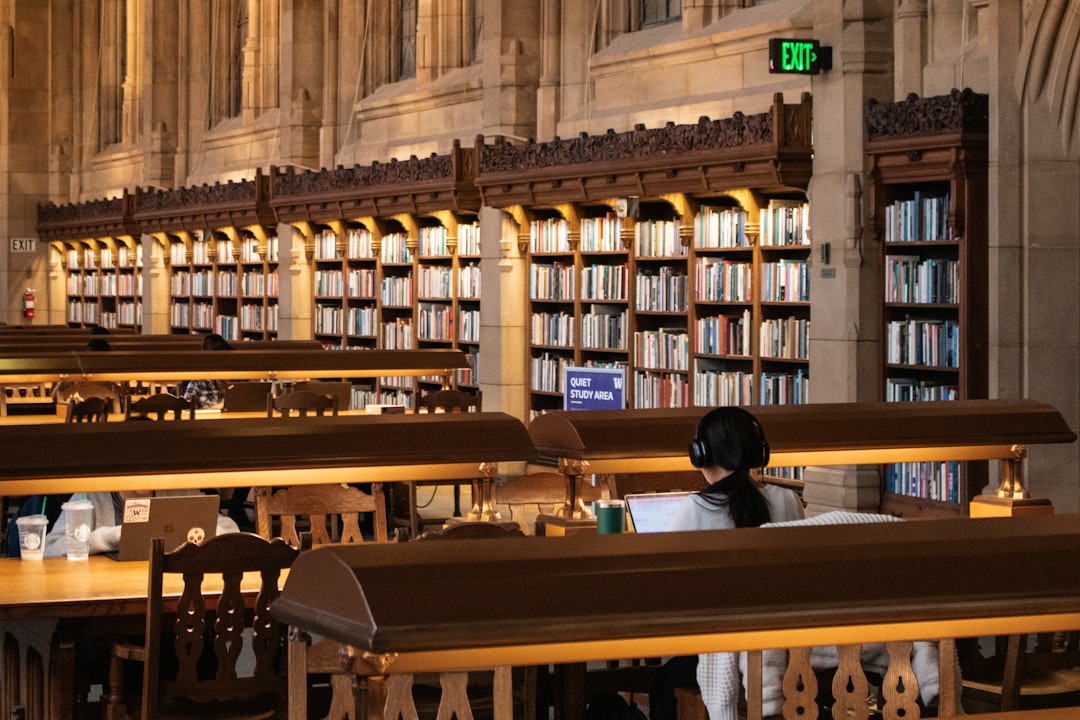A Title IX attorney in Washington is indispensable for navigating complex legal landscapes regarding sexual misconduct, harassment, and discrimination on college campuses. They ensure fairness and adherence to federal guidelines by guiding institutions through compliance programs, investigations, and disciplinary proceedings. Their expertise also aids students facing allegations, protecting their rights and enabling them to navigate the system with confidence. Through strategic representation, these attorneys foster safer learning environments, promote justice, and empower survivors without fear of retaliation.
“In the realm of campus conduct, Title IX—a landmark law ensuring gender equality in education—serves as a crucial framework. This article delves into the critical role of a Title IX attorney in Washington state, where complex legal landscapes and unique university policies present challenges. We explore how these professionals navigate misconduct cases, advocate for victims, and ensure fair resolutions. From understanding the law to showcasing success stories, this guide highlights the impact of expert representation in fostering inclusive campus communities.”
Understanding Title IX: A Legal Framework for Campus Conduct
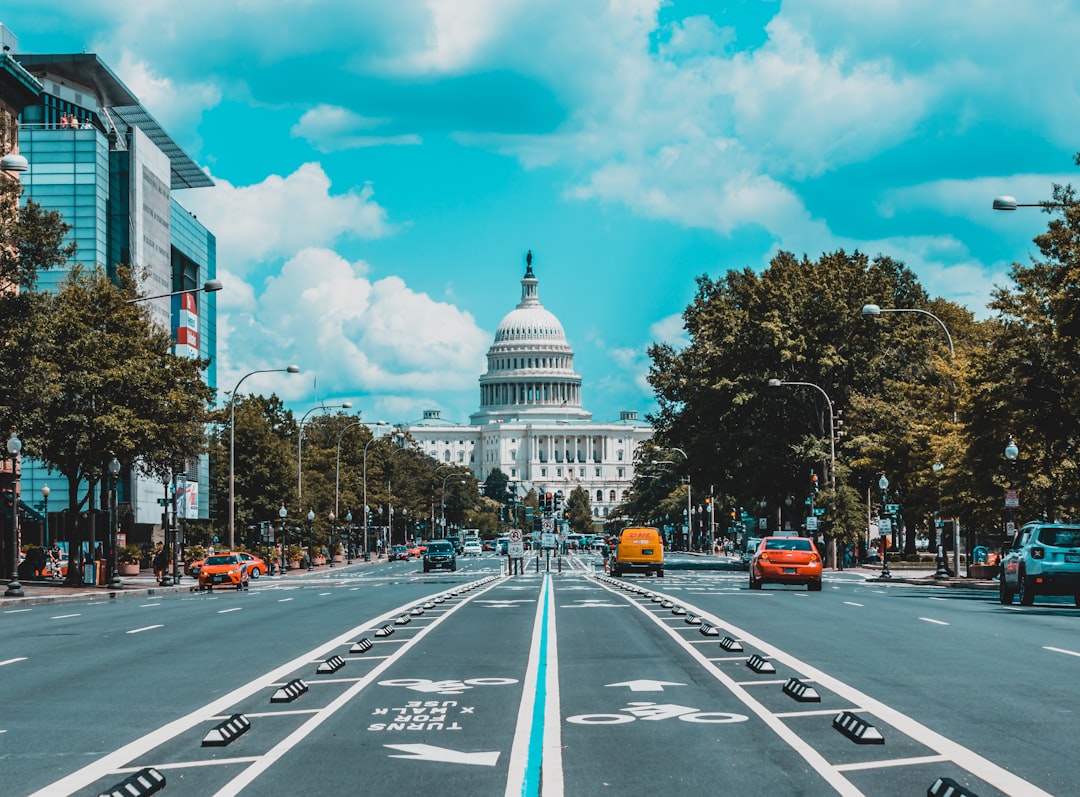
Title IX is a landmark federal law that prohibits sex-based discrimination in educational institutions, ensuring equal opportunities for all students. This legislation has had a profound impact on campus conduct, shaping policies and procedures to address sexual misconduct and harassment. As such, it’s crucial for Washington campus communities to have access to expert guidance when navigating these sensitive issues.
A Title IX attorney in Washington plays a vital role in upholding the legal framework that protects students’ rights. They assist institutions in developing and implementing comprehensive compliance programs, ensuring fair investigations, and providing legal counsel throughout the process. With their expertise, students facing misconduct allegations can navigate the system with confidence, knowing their rights are being defended, while institutions benefit from tailored strategies to maintain a safe and inclusive learning environment.
The Role of a Title IX Attorney in Misconduct Cases
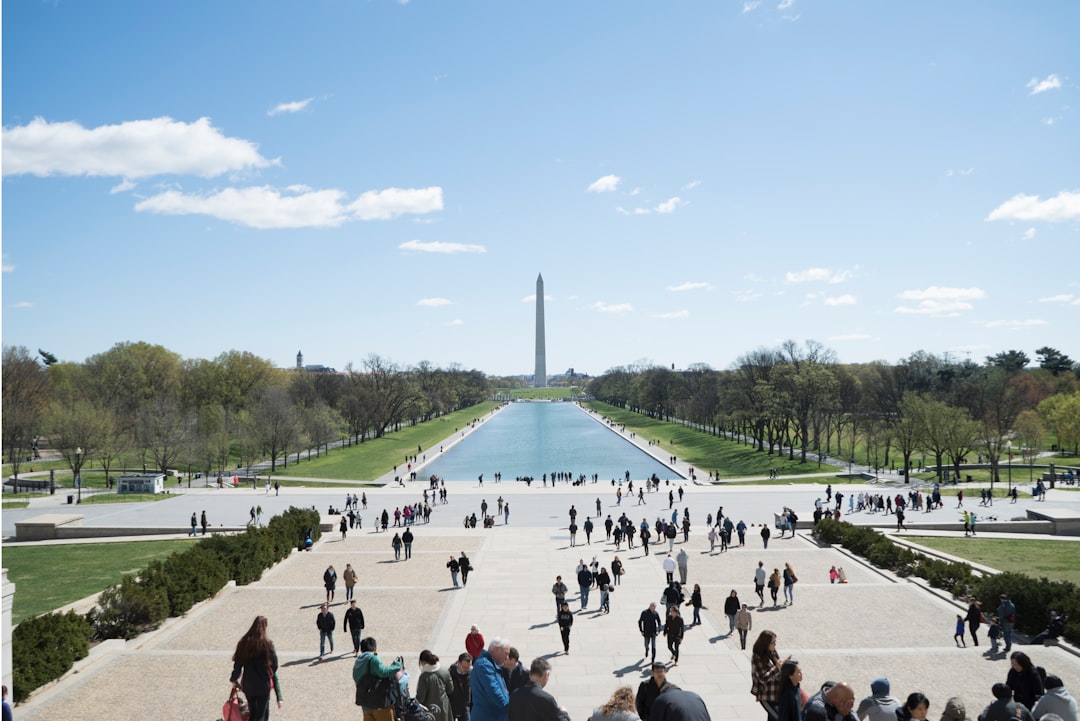
In misconduct cases on college campuses across Washington, a Title IX attorney plays a pivotal role in ensuring fairness and adherence to legal standards. These experts specialize in interpreting and enforcing Title IX, a federal law prohibiting sex-based discrimination in educational institutions. When allegations of sexual harassment or assault are made, a Title IX attorney guides both the accused and the accuser through the complex procedures, ensuring their rights are protected.
Their knowledge of campus policies, legal precedents, and the unique challenges of higher education misconduct cases is invaluable. They assist in conducting investigations, reviewing evidence, and advising on due process. Moreover, a Title IX attorney advocates for proactive measures to prevent future incidents, promoting a safer learning environment. For students facing these delicate matters, having an advocate who understands the intricate web of legal and institutional policies can make all the difference.
Navigating Washington State Laws and University Policies

Navigating Washington State laws and university policies regarding Title IX is a complex task, especially for those involved in campus misconduct cases. A Title IX attorney in Washington plays a pivotal role in ensuring that all parties’ rights are protected while upholding the principles of equality and fairness. The state’s legal framework, often intertwined with institutional policies, demands meticulous understanding to handle these sensitive matters effectively.
University policies related to sexual misconduct, harassment, or discrimination must adhere to Title IX guidelines, which require prompt and equitable resolution. A knowledgeable Title IX attorney in Washington guides clients through this process, offering strategic advice tailored to the specific circumstances of each case. They help interpret both state laws and university regulations, ensuring that students, faculty, and staff receive fair treatment during investigations and disciplinary proceedings.
Strategies for Effective Representation and Advocacy
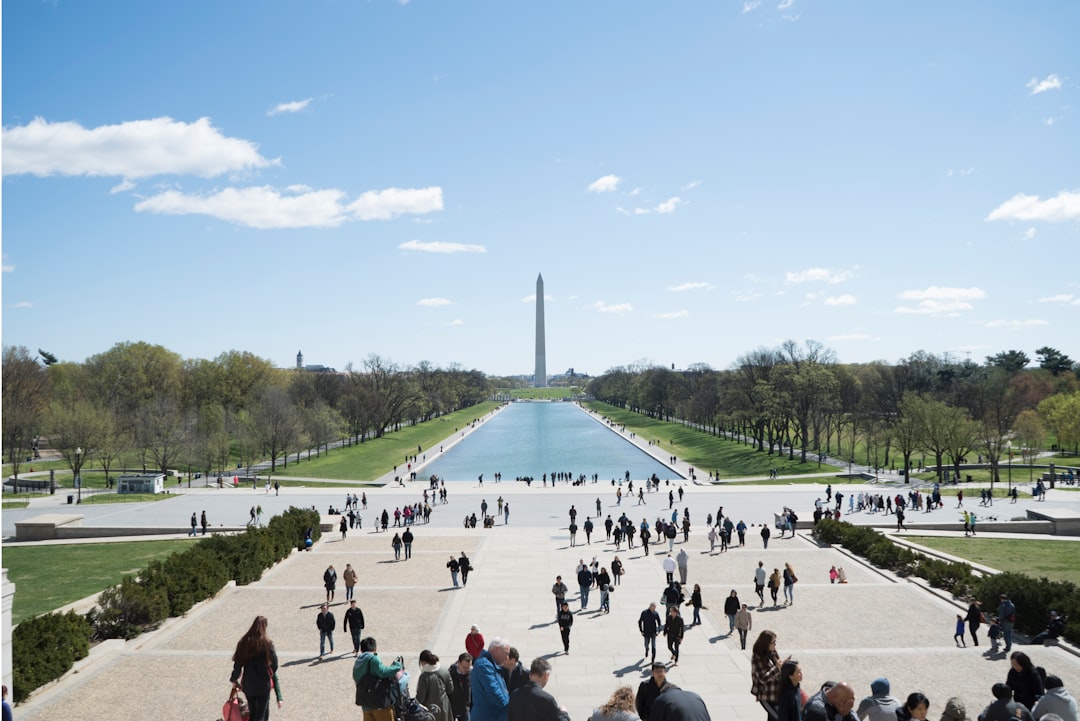
When representing clients in Washington campus misconduct cases involving Title IX, a strategic approach is key to achieving favorable outcomes. A skilled Title IX attorney in Washington should begin by thoroughly understanding the unique complexities of Title IX regulations and their interpretation within higher education institutions. This includes staying updated on relevant case law and best practices, as well as developing a deep knowledge of the university’s policies and procedures.
Effective advocacy then becomes a matter of employing tailored strategies that address the specific allegations and circumstances of each case. This may involve negotiating settlements, presenting compelling evidence, or challenging the institution’s handling of the investigation. A Washington Title IX attorney must also ensure their client’s rights are protected throughout the process, advocating for procedural fairness and ensuring all evidence is handled appropriately. By combining legal expertise with a nuanced understanding of institutional dynamics, attorneys can provide powerful representation in these sensitive matters.
Success Stories: How Legal Expertise Has Impacted Campus Communities
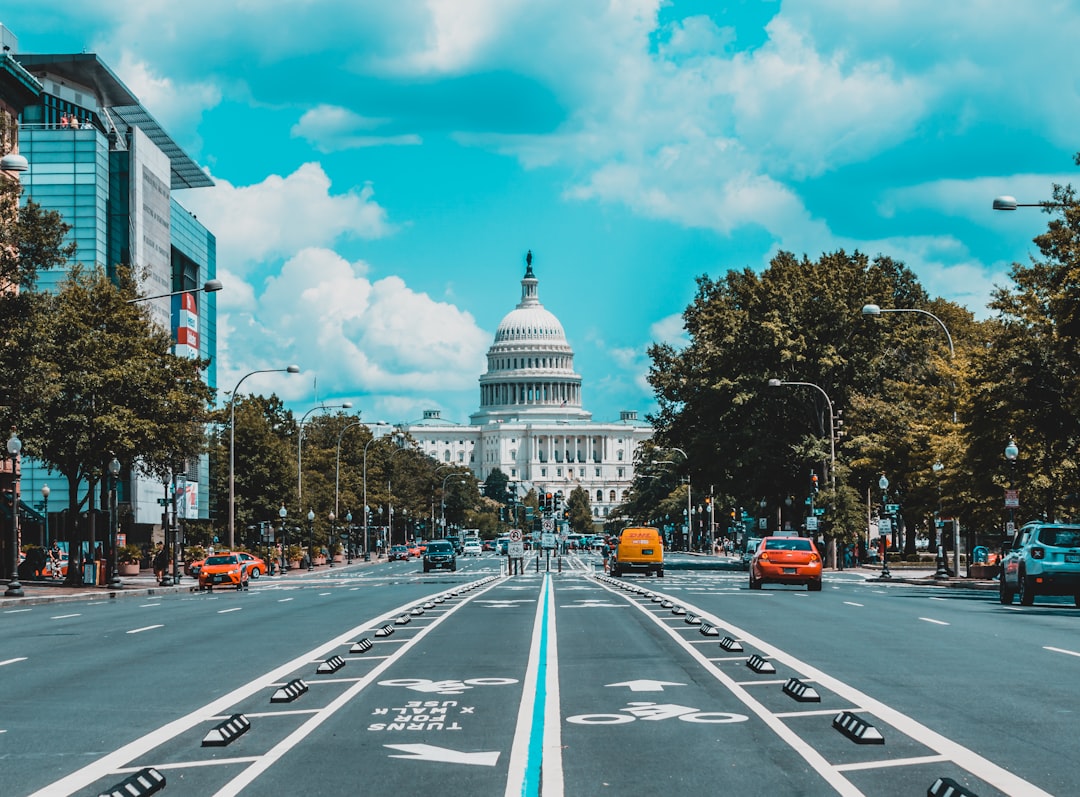
At many Washington colleges and universities, Title IX attorneys have been instrumental in shaping campus communities and ensuring fairness for all students. Their expertise has led to numerous success stories, where their legal acumen has resulted in positive outcomes for victims of sexual misconduct. Through careful navigation of complex laws and policies, these attorneys have secured justice, allowing survivors to move forward with their lives.
By advocating for survivors’ rights, Title IX lawyers have created a safer environment on campuses across Washington. Their work extends beyond individual cases; it fosters a culture of awareness and prevention. Educational institutions are now more accountable for addressing misconduct, thanks to the persistent efforts of these legal professionals. This has empowered students to come forward and seek help without fear of retaliation or inaction from the institution.


